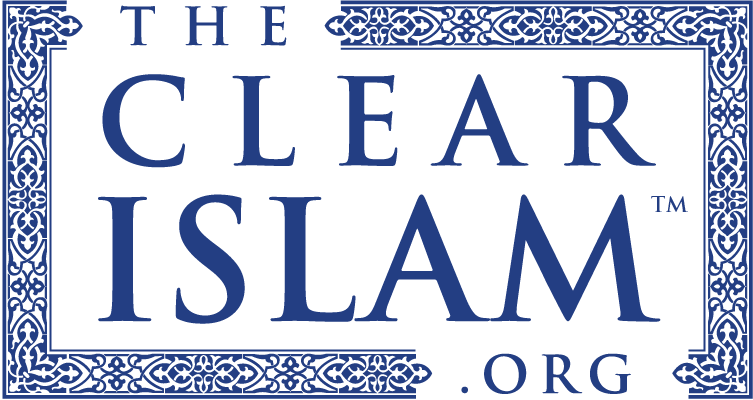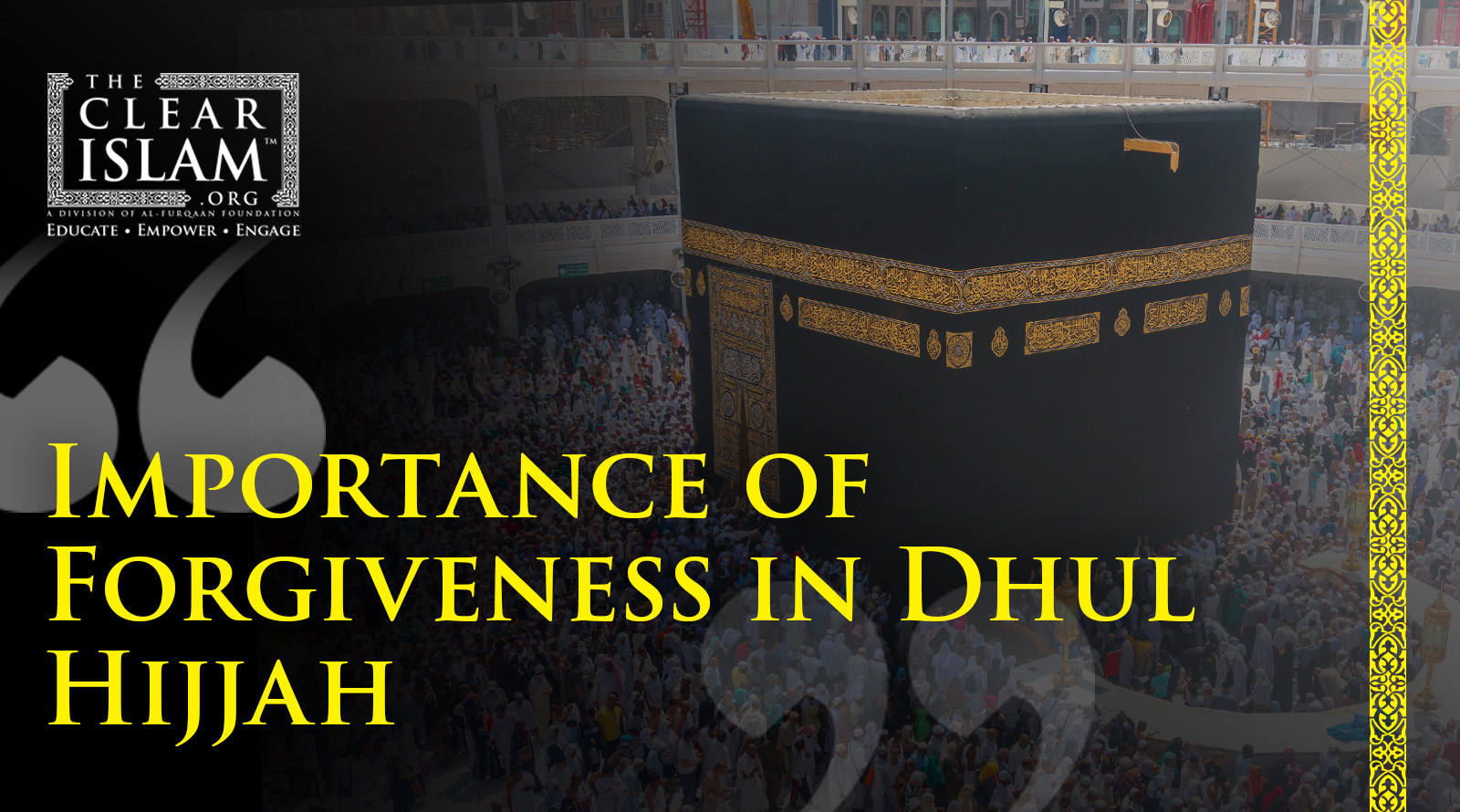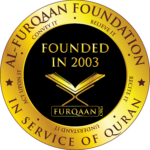Introduction
Dhul Hijjah, the twelfth and final month of the Islamic lunar calendar, holds significant spiritual importance for Muslims worldwide. It is a time marked by the performance of the Hajj pilgrimage, a journey undertaken by millions to the holy city of Makkah. However, Dhul Hijjah is not only about pilgrimage. It is also a period of deep reflection and gratitude, and seeking forgiveness during Dhul Hijjah offers a glimpse into the values that shape the lives of over a billion people.
Understanding Dhul Hijjah
Dhul Hijjah, translated as the “Month of Hajj,” is one of the four sacred months in the Islamic calendar. During these days, Muslims are encouraged to increase their good deeds, pay more, and seek forgiveness for their past actions. The first 10 days of Dhul Hijjah are considered especially blessed, with many Muslims fasting, praying, and engaging in charitable acts.
The 9th day, known as the Day of Arafah, is particularly significant. Pilgrims gather on the plain of Arafah to pray and seek God’s mercy. For those not performing Hajj, it is a day of fasting and reflection, believed to atone for the sins of the previous and coming year.
Forgiveness in Islam
Forgiveness is a core principle in Islam. It encompasses both seeking forgiveness from God and forgiving others. This dual approach fosters personal growth, strengthens community bonds, and promotes inner peace. In Islamic teachings, God is described as “Al-Ghafur” (The Forgiving) and “Ar-Rahman” (The Merciful), emphasizing His readiness to forgive those who sincerely repent.
Reasons Why Forgiveness is Important
- Spiritual Cleansing: Seeking forgiveness is a way to purify the soul. Muslims believe that sincere repentance and asking for God’s forgiveness can erase past sins, allowing them to start afresh with a clean slate.
- Mental Well-being: Holding onto grudges and negative feelings can take a toll on mental health. Forgiving others and seeking forgiveness helps release these burdens, leading to improved emotional well-being.
- Stronger Relationships: Forgiveness fosters healthier relationships. It encourages empathy, understanding, and compassion, which are essential for a harmonious living.
- Personal Growth: Acknowledging one’s mistakes and seeking forgiveness is a step toward personal development. It encourages accountability and a commitment to becoming a better person.
Why Forgive People During Dhul Hijjah?
The heightened spirituality of Dhul Hijjah makes it an ideal time for Muslims to focus on forgiveness. The rituals and prayers performed during this month, especially during the Hajj, emphasize repentance and seeking God’s mercy. Here are some key aspects:
- Hajj Pilgrimage: One of the central acts of worship during Dhul Hijjah is Hajj. It is a profound spiritual journey where Muslims seek closeness to God, pray for forgiveness, and make a fresh start. The culmination of Hajj, standing on the plain of Arafah, is considered the pinnacle of seeking God’s mercy.
- Day of Arafah: For those not performing Hajj, fasting on the Day of Arafah is highly recommended. It is believed that fasting on this day atones for the sins of the previous year and the coming year.
- Acts of Charity: Engaging in charitable acts is another way to seek forgiveness. Giving to those in need and performing good deeds help cleanse the heart and earn God’s favor.
- Increased Worship: Muslims increase their prayers, recite the Quran, and engage in dhikr (remembrance of God) during Dhul Hijjah. These acts of worship are avenues to seek forgiveness and build a closer relationship with God.
In a famous hadith narrated by the Prophet Muhammad (PBUH), he states, “There are no days in which righteous deeds are more beloved than Allah in these [ten] days.” But why does God even appreciate the acts of forgiveness? This action holds such a reverence in Islam and is appreciated by God because it reflects the core values of mercy, compassion, and humility, characteristics that are highly esteemed to our Creator. By forgiving others, Muslims follow the example of Prophet Muhammad (PBUH) (and following his example is a great reward altogether). Ultimately, you earn God’s rewards, but you also purify yourself.
Lessons for Everyone
While Dhul Hijjah is an Islamic month, the values it promotes, especially forgiveness, are universal. Here are some lessons on forgiveness that everyone can embrace:
- The Power of Letting Go: Holding onto grudges and past mistakes can hinder personal growth. Forgiveness is a powerful tool that allows individuals to let go of negativity and move forward.
- Healing Relationships: Forgiving others and seeking forgiveness helps heal and strengthen relationships. It fosters an environment of trust, understanding, and mutual respect.
- Inner Peace: Forgiveness is not just about others; it’s also about oneself. Forgiving oneself for past mistakes is crucial for inner peace and self-acceptance.
- Empathy and Compassion: Practicing forgiveness encourages empathy and compassion. It also allows individuals to understand others’ perspectives and respond with kindness.
Practical Steps to Forgiveness
- Self-Reflection: Take time to reflect on past actions and identify areas where forgiveness is needed. This includes both forgiving others and seeking forgiveness.
- Sincere Apology: When seeking forgiveness, offer a sincere apology. Acknowledge the mistake, express regret, and make steps.
- Letting Go of Grudges: Make a conscious effort to let go of grudges. Understand that holding onto anger and resentment harms you more than anyone else.
- Seeking Divine Forgiveness: For those who believe in a higher power, seeking divine forgiveness through prayer and mediation can be a profound experience.
- Acts of Kindness: Engage in acts of kindness and charity. Helping others can be a way to make up for past mistakes and earn goodwill.
Donate Now: Spread the Quran with Furqaan Project and Change Lives This Dhul Hijjah!
As we delve into the profound importance of forgiveness during Dhul Hijjah, let’s remember the powerful role the Quran plays in guiding us toward this virtue. The Quran is not just a book; it’s a source of divine wisdom and guidance that can transform lives. This Dhul Hijjah, take the opportunity to spread the message of forgiveness and compassion by participating in Quran distribution through Furqaan Project. By sharing this sacred text, you can help others find the path to inner peace, forgiveness, and spiritual growth. Join us in this noble cause and make a difference in someone’s life today. Embrace the spirit of Dhul Hijjah by extending the gift of the Quran—because in spreading knowledge, we sow the seeds of understanding and unity.



